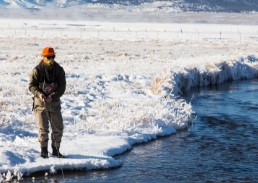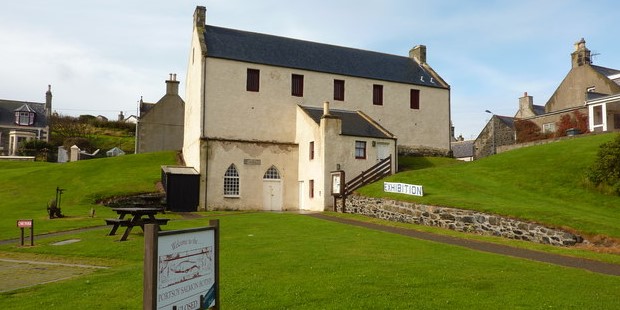Boat Fishing in the UK
Fishing has changed radically over the last 150 years and new technology has increased the efficiency and size of catches. Before the 1880s, long-lining, which was a line on which were attached shorter pieces of line that were baited with fish or shellfish. For those for whom fishing was their livelihood, great line fishing was similar, but the line could be up to 15 miles long and fitted with 5,000 hooks that were baited as the boat sailed out to deeper sea waters. From the 1880s fishing began with trawlers and from the 1920s seine-netting was introduced from Denmark.
Boat fishing for the amateur

Boat fishing is not just about fishing, it’s a chance to enjoy being on the sea as well. It’s the sea air, the voyage into the unknown, plus the anticipation of a catch. If you want to have a go at boat fishing, it’s advisable to book onto a charter boat and go out with anglers and an experienced skipper on your first trip.
There are about 400 licenced charter boats around the UK offering day trips, 4-hour trips or taster session where children are welcome. The skipper and others on the trip can help you and you can hire all the equipment you need until you buy your own, once you’re hooked.
Join a club
If you enjoy your first boat fishing trip, join an angling club. An angling club will be a place where you can draw on others experience as well as make new friends. Many clubs also arrange trips, or you may get invited to one of the members own fishing trips on their own boat. Your choice of boat fishing can be for sport or you may want to fish for food that you and your family like to eat. There’s something special about catching, cleaning, cooking and eating a fresh mackerel, plaice or turbot.
Uptiding and downtiding
Uptiding and downtiding are the the main types of fishing in the UK and are done at anchor. Almost every species of sea fish can be caught at anchor in the UK. These relaxing forms of sea fishing means that you can sit and enjoy the scenery and the company of the other anglers on board whilst you watch your rod for signs of a bite. Once you have a bite, your relaxation will speed into adrenaline-filled action as you try and land your catch.

Summer is a good time for fishing, whether you’re out on the boat at 4am to catch bass close to shore or fishing for mackerel over shallow water reefs, wrecks and sandbanks. Trolling lures behind your boat can also be very productive using crab baits, mackerel heads or try floatfishing with live prawns.
Wreck fishing
The islands of Britain are surrounded by shipwrecks. These are the best places to fish for cod, pollack and ling and is one of the most popular forms of fishing in the UK. As you slowly wind in the lure, the trick is to catch the fish before it disappears back to the safety of the wreck whilst making sure your tackle doesn’t go down with it.
Fishing a wreck for the larger conger eels and ling, fishing at depths between 100-200 feet will test your strength as well as your stamina.
Fishing in winter

Fishing for big winter cod and whiting is great if you ensure you wrap up warm. Winter bass and pollack fishing is usually done on the drift, and at this time of year it’s your best chance of hooking into something really big.



